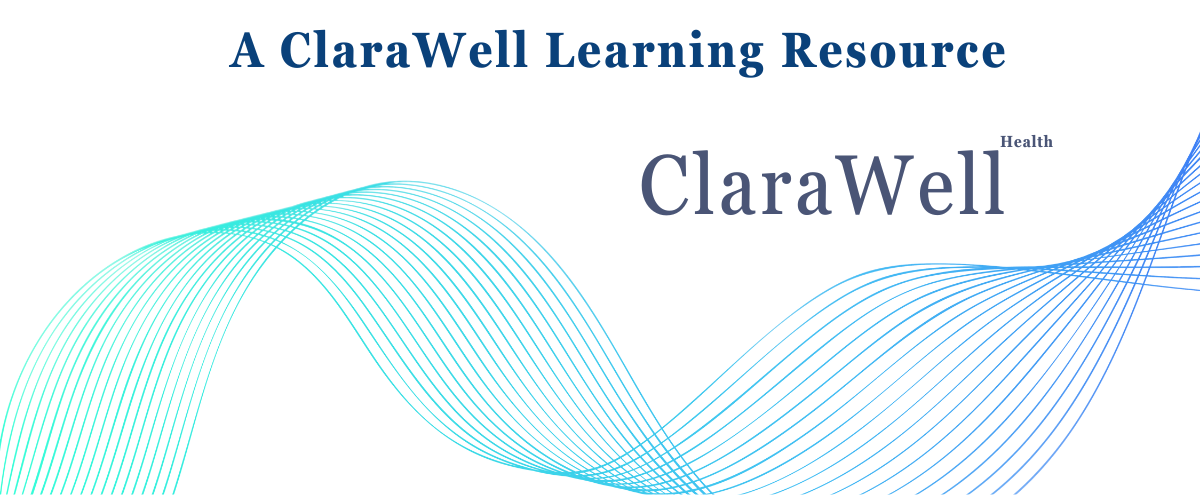Learn with ClaraWell
Executive Function

ADHD & Executive Function:
Understanding Cognitive Impact
How Does ADHD Affect Executive Function?
Executive function is like the brain’s management system—it helps you plan, stay focused, switch tasks, and get things done. When ADHD is involved, these skills can feel harder to use, especially in everyday life. In this guide, you’ll learn what executive function is, how it works, and how ADHD can change the way your brain organizes the world around you.
If you’re starting to recognize patterns in your focus, energy, or organization, ClaraWell™ offers a helpful free ADHD screener to guide your next steps.
🧠 What Is Executive Function?
Executive function is a set of mental skills we all use to manage our lives. These include working memory, flexible thinking, self -control, and the ability to plan and organize. You use executive function every day, when you're making a to-do list, shifting gears after an interruption, or managing your emotions in a stressful moment.
When someone has ADHD, these systems may be slower to develop or harder to access in real time. That doesn’t mean someone isn’t smart or capable,it just means they may need different tools or approaches to thrive.
🧬 How the Brain Uses Executive Function
Executive functions are largely controlled by the prefrontal cortex the front part of the brain responsible for decision-making, attention, and self-regulation. In people with ADHD, this region can function differently due to differences in neurotransmitters like dopamine and norepinephrine.
This is why ADHD often feels like a disconnect between “knowing” and “doing”, you may know exactly what needs to be done, but following through is the hard part.
📋 Common Executive Function Struggles in ADHD
ADHD can affect many areas of executive functioning. Some of the most common challenges include:
- Time blindness - losing track of time or underestimating how long tasks take
- Task initiation - difficulty starting tasks, even simple ones
- Working memory issues - forgetting steps in a plan or instructions mid-task
- Emotional regulation - reacting strongly or having trouble calming down
- Organization problems - cluttered spaces, missed deadlines, or lost items
- Difficulty shifting attention - getting stuck on a task or distracted easily
These struggles aren’t due to laziness, they reflect a difference in how the brain processes and prioritizes information.
👶👩💼 Executive Function: Children vs Adults
Executive function skills continue developing into the mid-20s. This means kids and teens with ADHD may have more visible challenges with focus, emotional regulation, and impulse control.
In adults, executive dysfunction may look more like missed deadlines, chronic disorganization, trouble managing time, or emotional burnout. The signs shift, but the core challenge remains: regulating attention, action, and emotion.
🔎 Building Self-Awareness Around Executive Function
Understanding executive function can be a turning point for many people with ADHD. When you realize that these struggles are rooted in brain function-not personal failure,it opens the door to compassion, strategy, and support.
Want a deeper dive? This article from ADDitude Magazine offers insight into 7 specific executive function deficits linked to ADHD.
📘 Take the First Step
If you recognize these patterns in yourself or someone you care about, you’re not alone. ClaraWell™ offers a thoughtful, private ADHD screener that can help you understand your risk level and what to consider next.
Want to explore how ADHD may be affecting your executive function? Our free ADHD screener can help make sense of your experiences—and guide your next step.
Take the ADHD Risk Screener